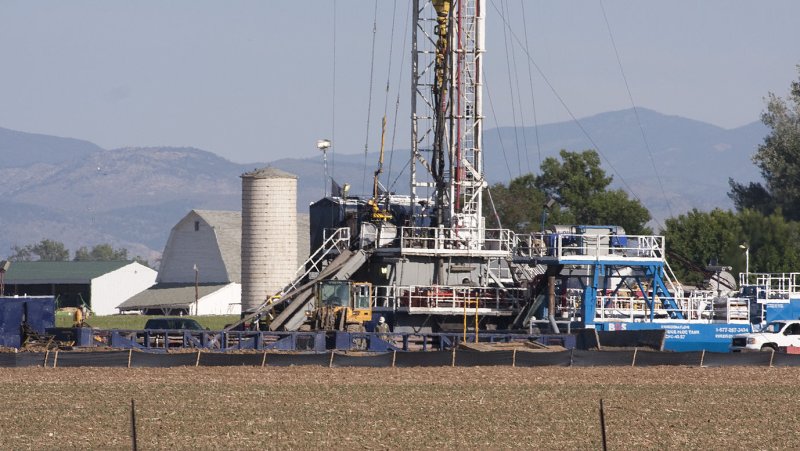DURHAM, N.C., July 10 (UPI) -- A U.S. study found there may be some natural processes occurring with the contamination of water supplies in a shale play in Pennsylvania.
A study conducted by researchers at Duke University and California State Polytechnic University found natural processes were leading to some levels of contamination in drinking water wells and aquifers in northeastern Pennsylvania.















